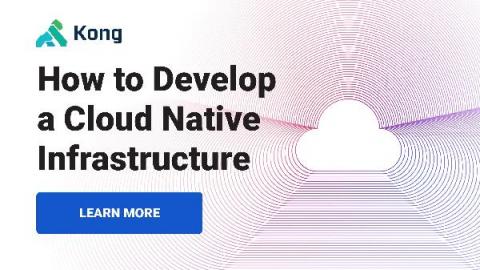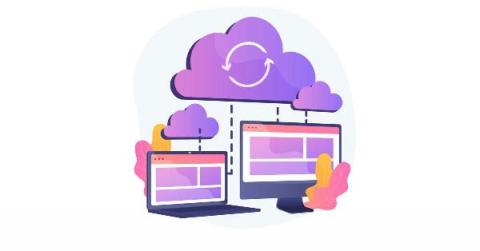Deploying Hybrid Kong API Gateway with EKS Anywhere
Modern microservices-based architectures require companies to change not just the way they build applications but also how to deploy them. Basically, the new microservices foundation should be based on two main pillars: hybrid deployments and Kubernetes orchestrator. With the complete separation of the control plane (CP) and data plane (DP), Kong Gateway fully supports hybrid deployments.











